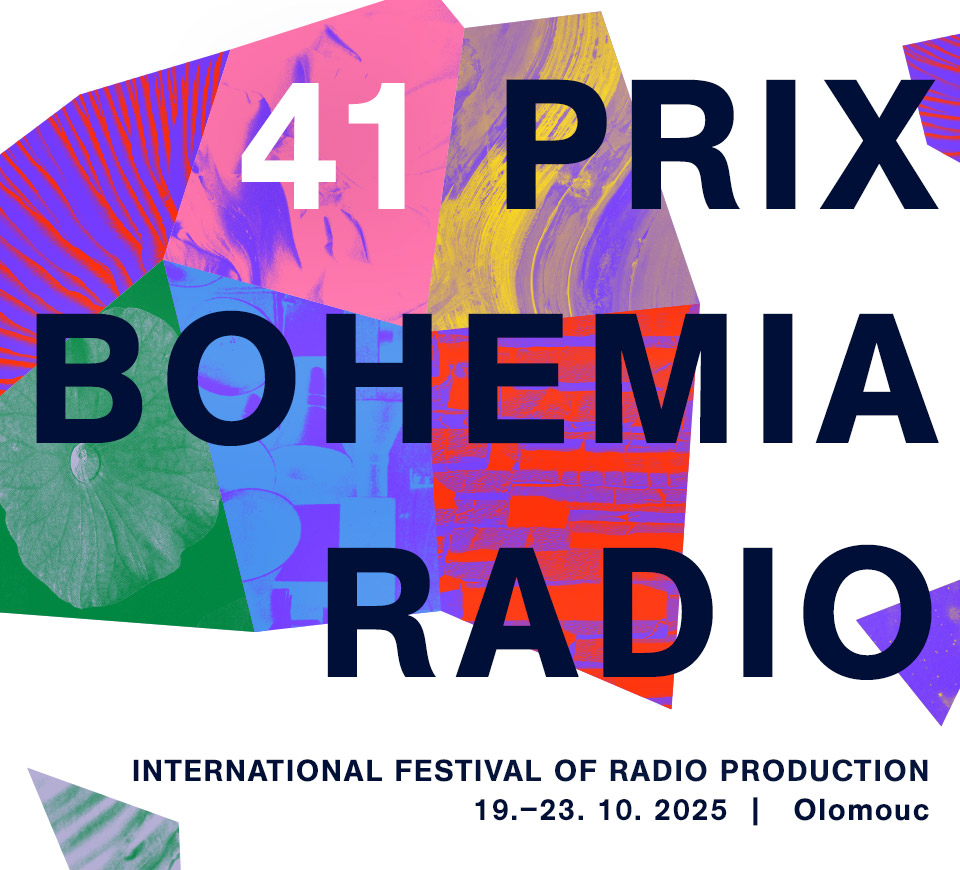Interactivity and innovative projects. The new multimedia category boasted an extraordinary schedule
The fourth day was the last day of the festival and a special one at that. It was made special by the authors of the audio-visual projects that were showcased in the new Multimedia category. The audience was captivated above all by the interactivity of the contributions and the intriguing interconnection of sound and image.
"Growth on the digital market is currently rocketing; it's where the potential is," said Petr Uchytil from the panel of judges, by way of introduction. Projects with innovative potential and in audio form could be heard at the Film Hall as part of the festival's new category, Multimedia.
The category premièred with a Dutch project, The Industry. This interactive documentary gave viewers an idea of how the drug economy affects Dutch society. "Once you know what to look for and where to look for it, you'll see it all over the place," stated Yassin Karmoudi, who was presenting. The project also includes an interactive map that you use to select a city in Holland as well as a drug dealer who recounts his or her story to you.
There was also no shortage of stories in Project '68, which gave multimedia fans a peculiar sense of the Warsaw Pact armies' invasion of Czechoslovakia. "We wanted to talk about impressions and about how people felt," explained the presenter, Damian Machaj. The project spanned generations both young and old. For the authors, it was an intense moment of a kind they do not see every day in their line of work. A photograph of a man lying in front of a tank appeared on the big screen. "How did that man feel?" asked Damian Machaj. Those interested in doing so tried out virtual reality in the Convict space and were in front of the tank themselves for a couple of minutes.
After a brief break, Michal Ischia of the weekly magazine Respekt introduced himself and expounded the Audio Version of Printed Magazine project. "Respekt now has two voices," he stated. He livened up his presentation by using photographs from the history of Respekt's workings, and a photograph of a cat. "Every presentation must have a cat, after all," asserted Michal, much to the audience's amusement.
Ondřej Musil and Michaela Hofmanová replaced Michal on the podium to present YouRadio, the only purely Czech musical streaming service. Professional juryman Matěj Hájek was interested in the difference between the well-known Spotify and YouRadio. "Our application will be appreciated in particular by people over 35, mainly because of how simple it is to use," explained Ondřej Musil.
The Czech Radio project on How a Series of Virtual Tours of Ateliers Came About infused the Multimedia category with a shade of the artistic. Michaela Danelová started by confessing that she felt nervous, because she usually absorbs events of this sort with a camera. She described how they took a 360-degree camera through factories, former beauty salons, offices and living rooms in which artists create their works. "You can sense individuality in every studio," she said, paraphrasing in a nutshell her impressions from the studios of artists such as Pasta Oner, Iva Svobodová and Jakub Španěl.
The final day of the festival passed in a relaxed and humorous mood almost until the very end. "I haven't come to chat about Brexit," joked Briton Craig Smith from the BBC at the beginning of his presentation of Living with the Gods. This contribution serves as proof that the connections between the structures of belief and the structures of society are inseparable. The central theme is artefacts that bear great significance in certain cultures and to which an interesting story is attached.
The multimedia day was brought to a close with the Swiss project Chronicles of Shared Place, a RT Suisse Romande production. Old age pensioners, the forgotten and pilgrims from Santiago de Compostela speak frankly about their lives at the French cloister Carmel De Condom. This project attracted interest chiefly due to its versatility. It is aimed at all generations and is available via mobile, the internet and as a radio broadcast. It is not just a story about people, but also about a place.
In conclusion the jury of students presented their award to The Industry, which they liked not only because of the interactive and unusual way in which it was made, but also because of the unbiased and impartial way in which the author presents the Dutch drug scene.







